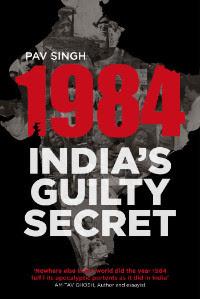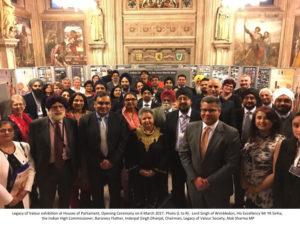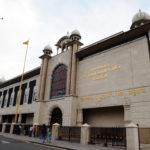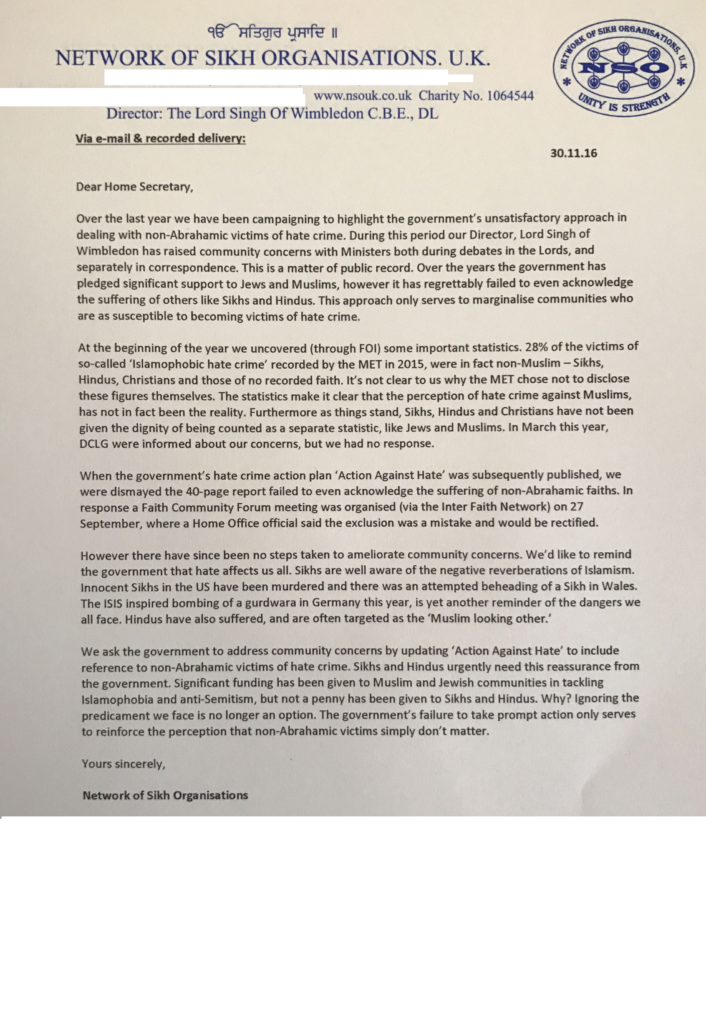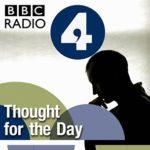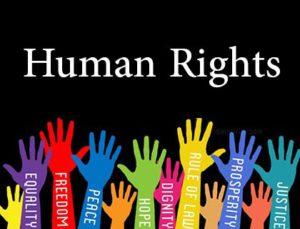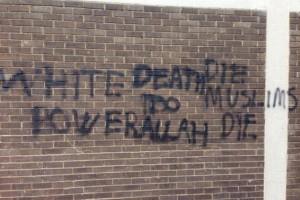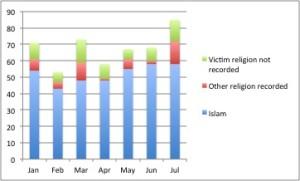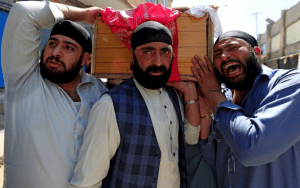
(Above: Afghan Sikhs carrying a coffin of one of the victims of the Jalalabad suicide bombing)
Following the deadly suicide bombing in Jalalabad targeting Afghanistan’s Sikh and Hindu minority the NSO has flagged its concerns with the government and taken steps to raise the issue with the All Party Parliamentary Group (APPG) for International Freedom of Religion or Belief (FoRB).
You only have to look at the declining numbers of minorities to realise the gravity of persecution they face in Muslim majority Afghanistan. Prior to the collapse of Kabul government in 1992, there were 220,000 Sikhs and Hindus in the country, and today only 220 or so families remain. Sikhs and Hindus need police protection to cremate their dead as it is deemed offensive to Muslims, they are forced to pay the jizya or ‘tax of humiliation’, and are fearful their women and daughters will be kidnapped and converted to Islam.
Afghan Sikhs we’ve spoken to in London have told us it is now time for Sikhs to leave Afghanistan and seek sanctuary elsewhere. The victims of the Jalalabad attack included Awtar Singh Khalsa who had planned to stand for parliament in elections this October.
In light of this most recent atrocity, our Director Lord Singh has asked the government 1. What discussions they intend to have with the Afghan authorities to safeguard the security and right to freedom of belief 2. What representations they intend to make to the government of India to encourage them to grant asylum to victims and families 3. Whether Britain intends to offer asylum to the families of those who were killed. We will be sharing the response received from Ministers.
We’ve also contacted the APPG for FoRB to ask them to follow up on this issue and include the persecution of Afghanistan’s minority faiths on the agenda for their next meeting.
News of the Jalalabad attack comes in the wake of a case highlighted by Justice Upheld involving a Pakistani Sikh forced to go on the run having received a fatwa (to kill him) by the Taliban. His only crime in the eyes of Islamists – the setting up of a Sikh school in Peshawar.


